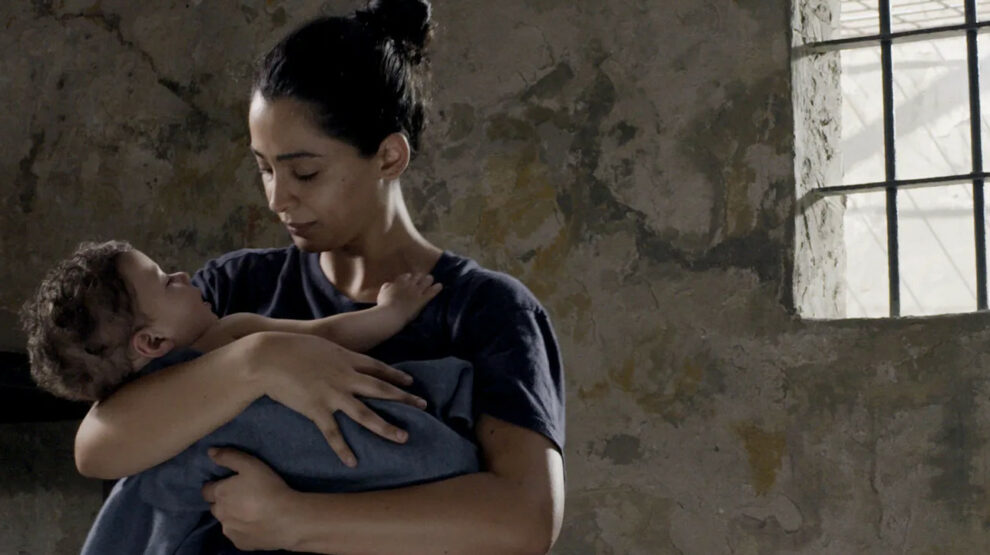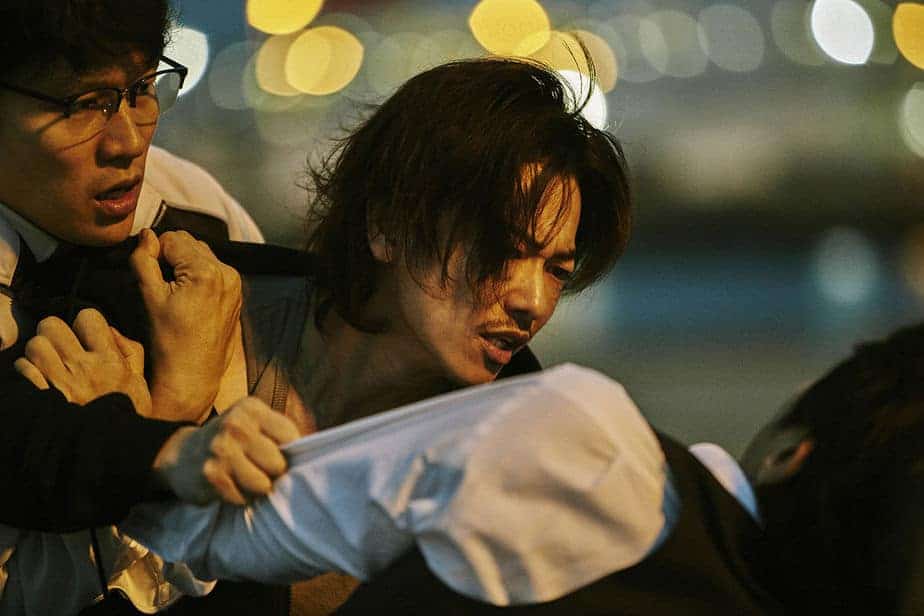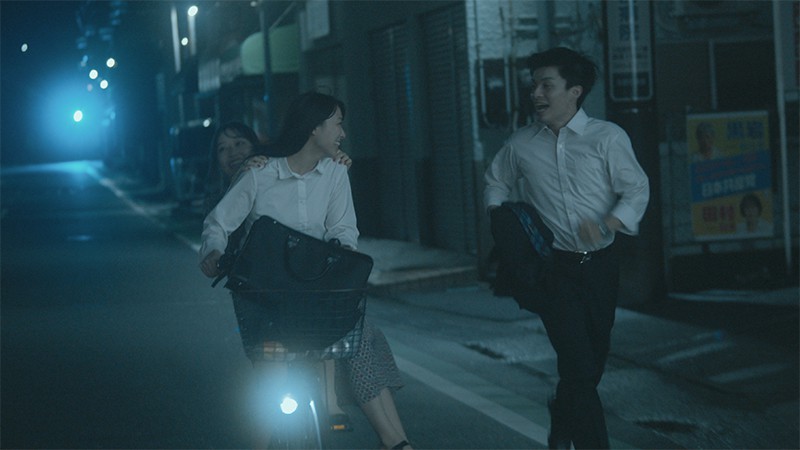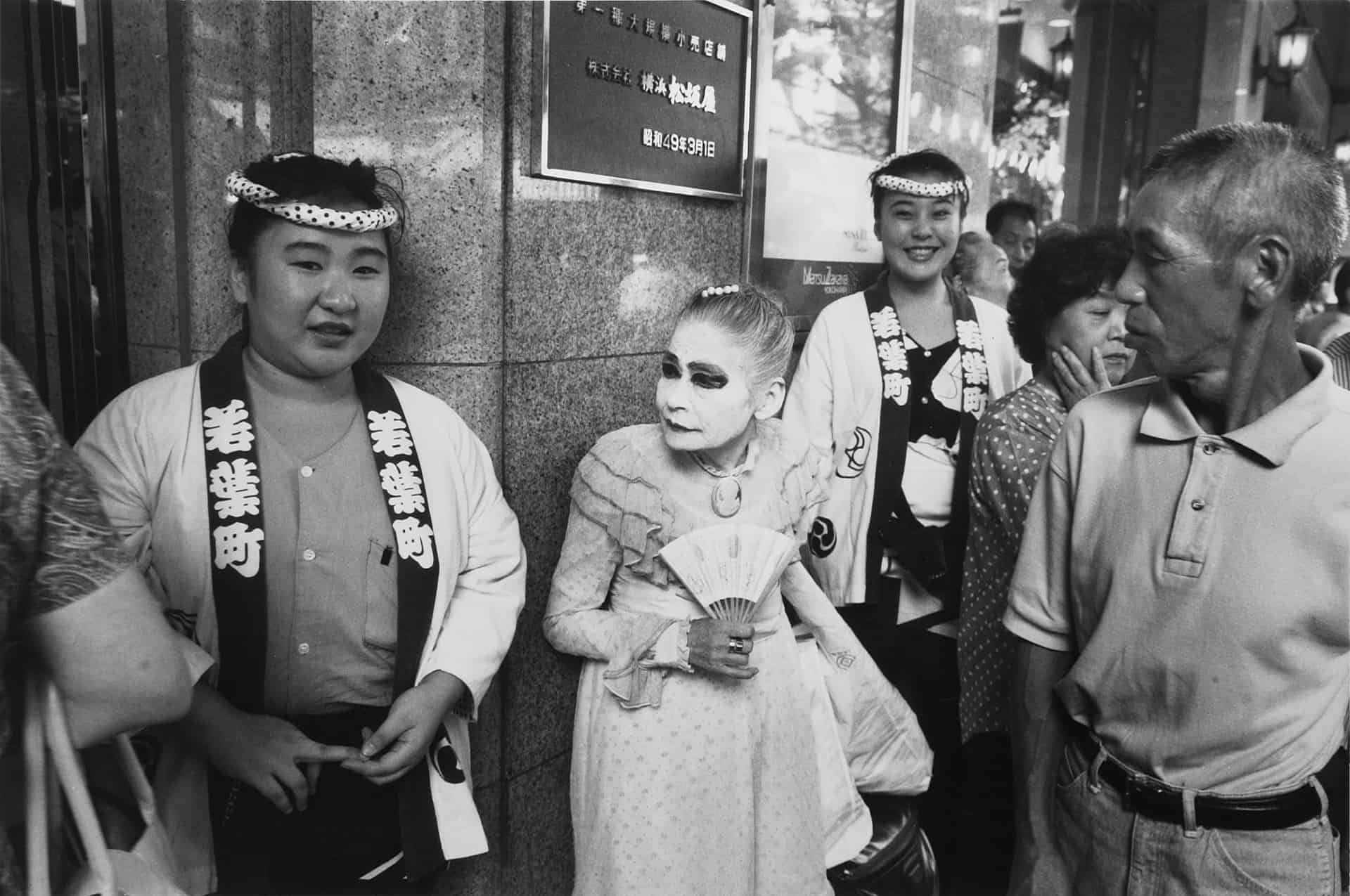by Hadri Shah
The first thing I did after watching “3000 Nights” was to Google the name of the film's lead actress. Her name? Maisa Abd El Hadi. She's my contemporary, hailing from Palestine, born in Nazareth. Besides “3000 Nights,” Maisa has graced other films like “The Angel” and “The Reports Between Sarah & Saleem.” As for other details—whether she's Muslim, why she doesn't wear a hijab, her marital status, or political views—I suggest you find out for yourself.
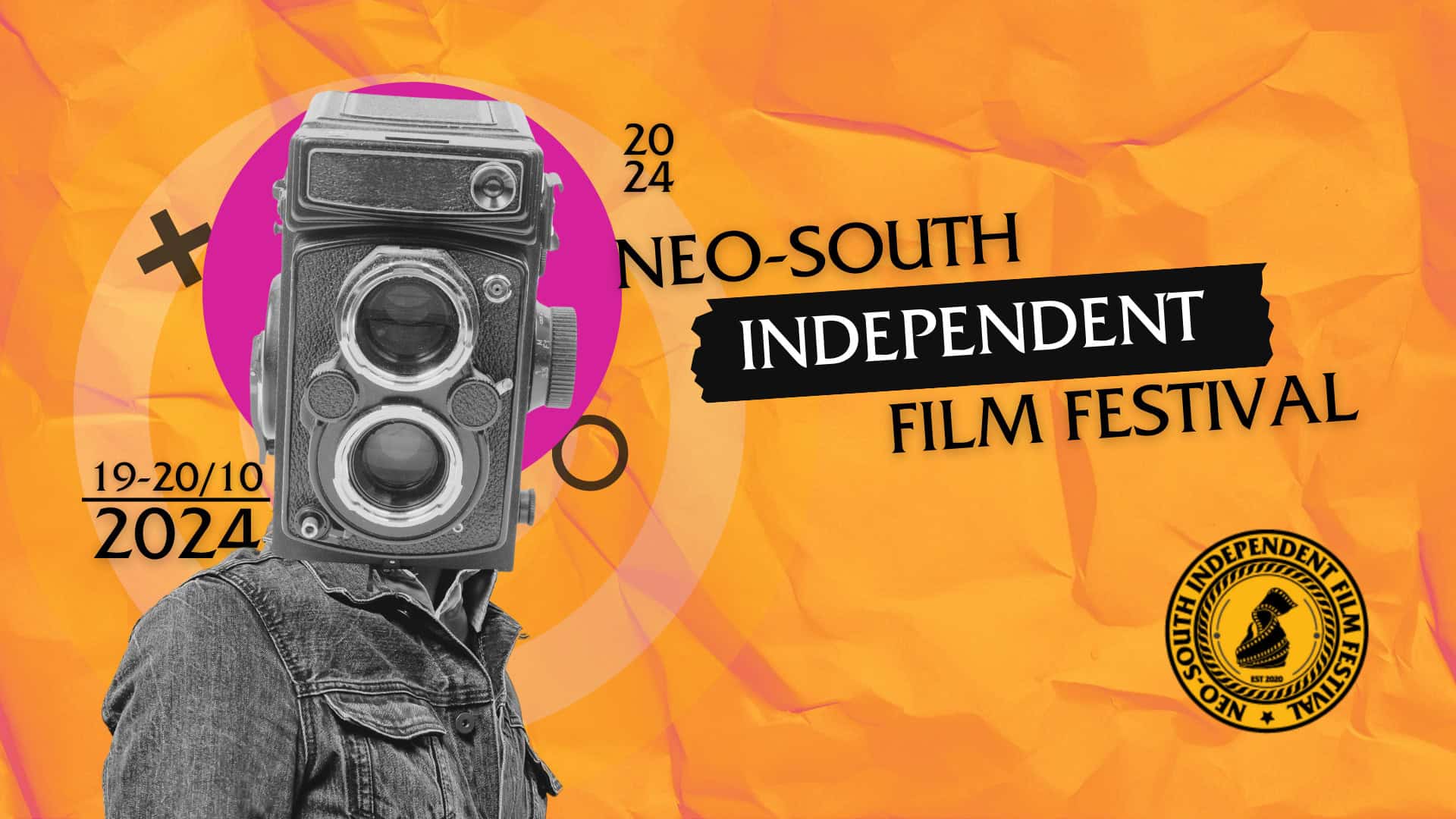
Maisa El Hadi, with her wavy black hair, takes centre stage in the film that premiered on September 12, 2015—the same date as my birthday. She portrays Layal, a schoolteacher who is found guilty of hiding a Palestinian teenage boy accused of a fatal attack at an Israeli military checkpoint. Despite her husband's plea to testify falsely in court, Layal denies that the teenager ever threatened her.
The judge's verdict? Layal is sentenced to 8 years in prison!
Being in a political prison is an experience no one desires. As Malaysians, our boycott of McDonald's and our spirited protests chanting “Down with Israel” after Friday prayers at Menara Tabung Haji won't come close to such an ordeal. Let's admit it: our heroes are often limited to uploading their own photos, draped in Palestinian scarves, ready for martyrdom on Instagram.
In Mai Masri's film, Layal isn't portrayed as a fierce warrior woman, unlike the fiery images of Palestinian women slinging burning tires that flood our social media feeds.
Layal is a schoolteacher, newly married, with dreams like most of us—to live happily with her beloved family. But the night she's arrested by Israeli authorities, Layal's sky and life's atmosphere shift. Eight years in a political prison—a chapter she never penned. Fear, anxiety, and disorientation embrace her tightly.
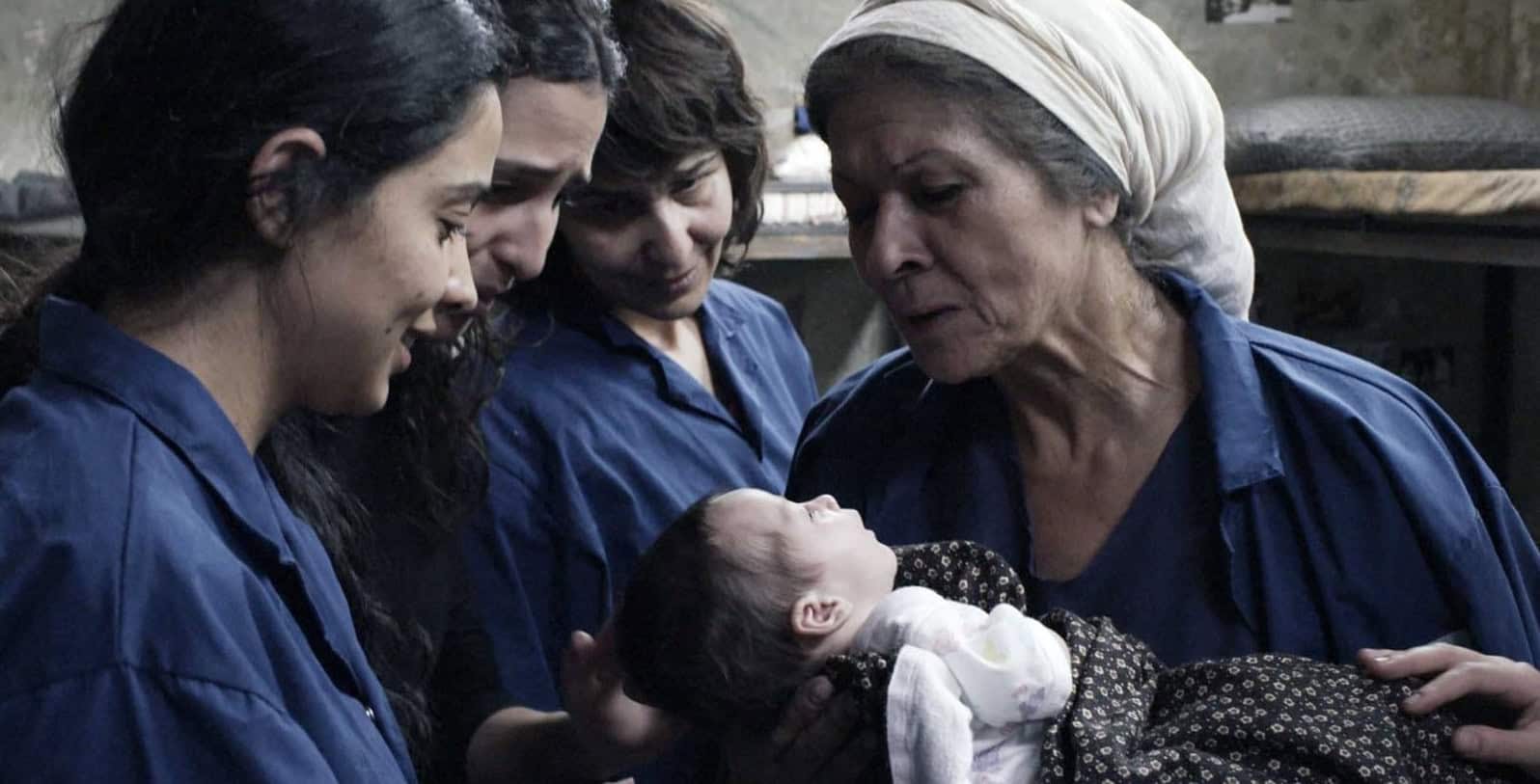
Adding to her anguish, Layal discovers she's pregnant while behind bars. The court rejects her appeal, and her husband flees to Canada. Layal faces pressure to terminate her pregnancy.
Yet prison transforms her. Layal refuses to abort her child. She continues her life alongside her unborn baby and fellow political detainees.
Within those prison walls, two factions emerge. One, of Arab-Palestinian descent, plans various uprisings, challenging Israel's biased, routine, and absurd prison demands. The other faction consists of Jewish-Israeli criminals—depicted as a racist group protected by the prison management.
Layal grows amidst this conflicted prison environment. Her convictions, courage, and resilience are tested daily until she gives birth to Nour, her son, behind iron curtains. Nour grows up in a challenging atmosphere—no playgrounds, no “Sesame Street,” no Apple tablets—just emptiness.
The film indeed delves into complex themes of courage, sacrifice, and the human spirit amidst adversity. Layal's journey reflects the resilience and strength that can emerge even in the darkest of circumstances.
The portrayal of Layal's bravery is particularly intriguing. Her courage doesn't begin within the prison walls; it starts during her testimony in court. She chooses truth over self-preservation, even when it means facing punishment. Her pregnancy becomes a catalyst, transforming her determination. She refuses to compromise her unborn child's future.
The contrasting character—the friend who betrays the rebellion—raises thought-provoking questions. Initially seen as hypocritical and weak, her actions gain context. Her desire to reunite with her child outside the prison drives her decision. Love, it seems, injects strength even in unexpected ways.
And you're right—the complexities of parenthood and love are profound. Layal's commitment to raising Nour within those prison confines speaks volumes. Similarly, the “traitor” friend's sacrifice, driven by maternal love, challenges our notions of heroism.
As the film concludes with Layal's release, the reunion with Nour symbolizes hope. Yet, the harsh realities persist—the oppression, brutality, and ongoing conflict.
“3000 Nights” invites us to reflect on the human condition, the choices we make, and the enduring power of love—even in the face of seemingly insurmountable odds.
Proof and edited by Liz Morne for Neo-South 1st Edition Magazine, 2023
Writer Name: Hadri Shah
Zines Segments: Film to Written


